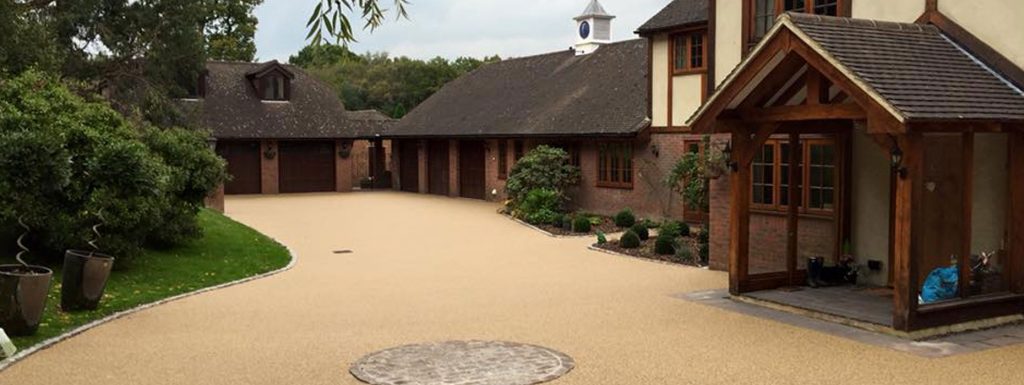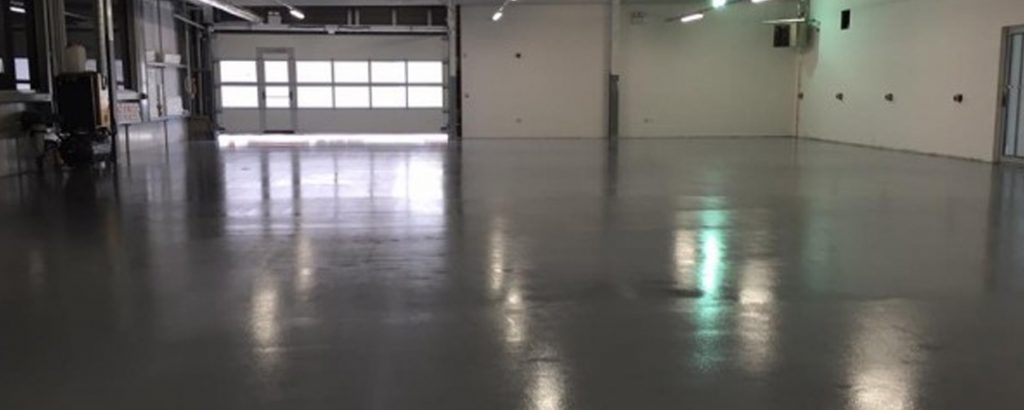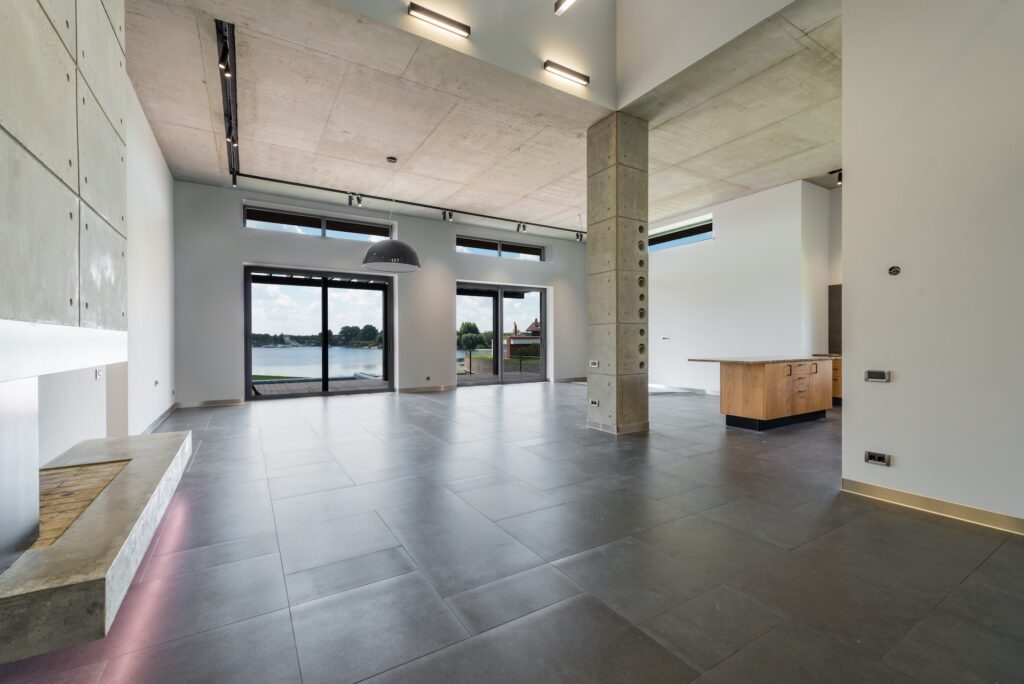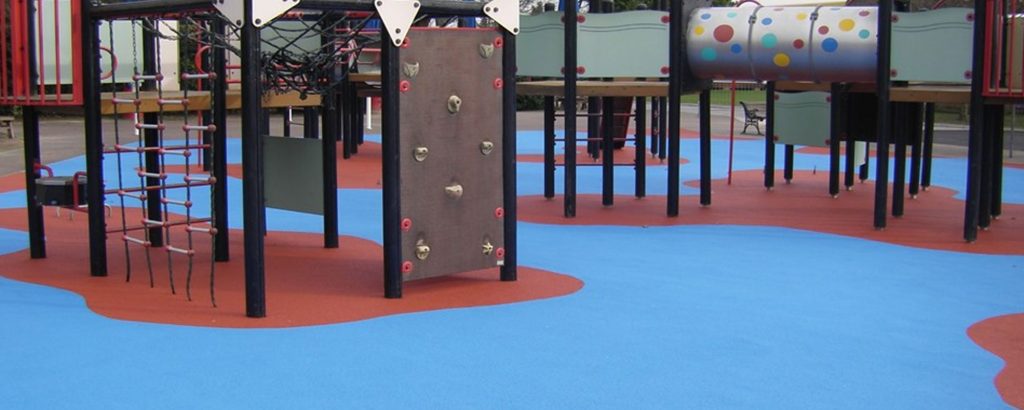Block paving is a common choice of paving material – but one of the big caveats is that it isn’t permeable, unlike an alternative such as resin.
Why is permeability such an issue when choosing a paving material for your drive, patio or garden?
The problem is that non-porous paving doesn’t allow natural drainage. Instead, liquid collects onto the surface and then runs off towards the nearest slope, which can cause erosion around the sides of each paving slab or even cause water build-up and flooding.
Today Flexflooring explains the importance of water drainage in paving and some considerations when choosing your new paving materials.
What Is the Difference Between Permeable and Non-Permeable Paving?
Traditional paving such as concrete, stone and brick is being phased out because, as paving technology evolves, there are superior options which don’t cause environmental hazards.
Permeability means that the paving solution allows water to naturally drain away without pooling on the surface, flooding patios or washing away the concrete that secures each paving slab.
Because of the constant water erosion, block paving needs routine maintenance, as well as weed removal, as unwanted weeds grow in the spaces between each block.
From an eco-friendly perspective, non-permeable paving is far from ideal, especially in larger areas such as roadways or public spaces.
Water runoff from traffic zones contains pollutants which enter the drainage system and end up in rivers or lakes, so natural drainage through permeable paving is a far preferable solution!
Common Block Paving Issues
We tend to advise against block paving because of the lack of suitable drainage controls and since it requires much more upkeep than necessary.
For example:
- Gaps between paving slabs collect debris, which also limits drainage and can cause rot, weed growth and moss.
- Invasive weeds will take hold underneath the paving, causing slabs to shift and crack.
- Moss is a serious problem if not removed because it is highly absorbent and can force blocks apart, distorting the paving, causing a trip hazard, and damaging the surface.
- Pressure washing is commonly used to clean block paving, but intense streams of water can remove the sand between each block, which results in further movement.
Block paving can look great and last for up to 20 years, but that depends on regular, structured maintenance and continual repairs to cement and weeds to prevent these typical issues from arising.
The Best Permeable Alternative to Block Paving
Resin paving is the ideal alternative as a more advanced, durable and environmentally low-impact paving option that overcomes all potential issues we expect with block paving.
Natural stone paving has long been popular as a classic neutral finish.
Still, as resin aggregates become more readily available, homeowners and businesses can select from a vast range of textures, styles and colours – or even blend a bespoke aggregate to achieve a unique appearance.
Resin vs Block Paving
Below we’ve compared some of the performance properties and cost factors to help you decide which type of paving best suits your needs.
Paving Costs
The initial cost of laying block or resin paving is similar – although resin is often more affordable, depending on the aggregate you choose and the size of the area.
However, a consideration is that when block paving reaches the end of its lifecycle, digging out the blocks and relaying them can be extremely costly.
We can lay resin-bound materials directly over existing surfaces provided they are solid and sound, which means that a strong sub-base could remain in use for decades.
Durability
Both of these paving options are durable, but the challenge with block paving is the susceptibility to shifts, cracking and movement over time.
This deterioration occurs due to the water drainage implications we discussed earlier, so you will usually find that as blocks sink and crack, the maintenance costs become high.
A resin paved area comes with a guarantee of at least ten years but will last considerably longer if it has been professionally installed.
Weather Resistance
One advisable option for block paved areas is to add a waterproof sealant because damage from freezing and thawing in the winter will trigger breakages in the slabs.
Resin does not require further treatments and is not vulnerable to puddles or flash floods, with permeability in line with SuDS regulations (Sustainable Urban Drainage Systems).
Expert Advice on Resin Paving Installations
We hope this guide has given insights into why we consider resin paving an advantageous option to block paving and why permeability is vital for a paving installation that stands the test of time.
For more information about resin flooring costs, resin driveways and domestic resin flooring, please contact the experienced technicians at Flexflooring at your convenience.





